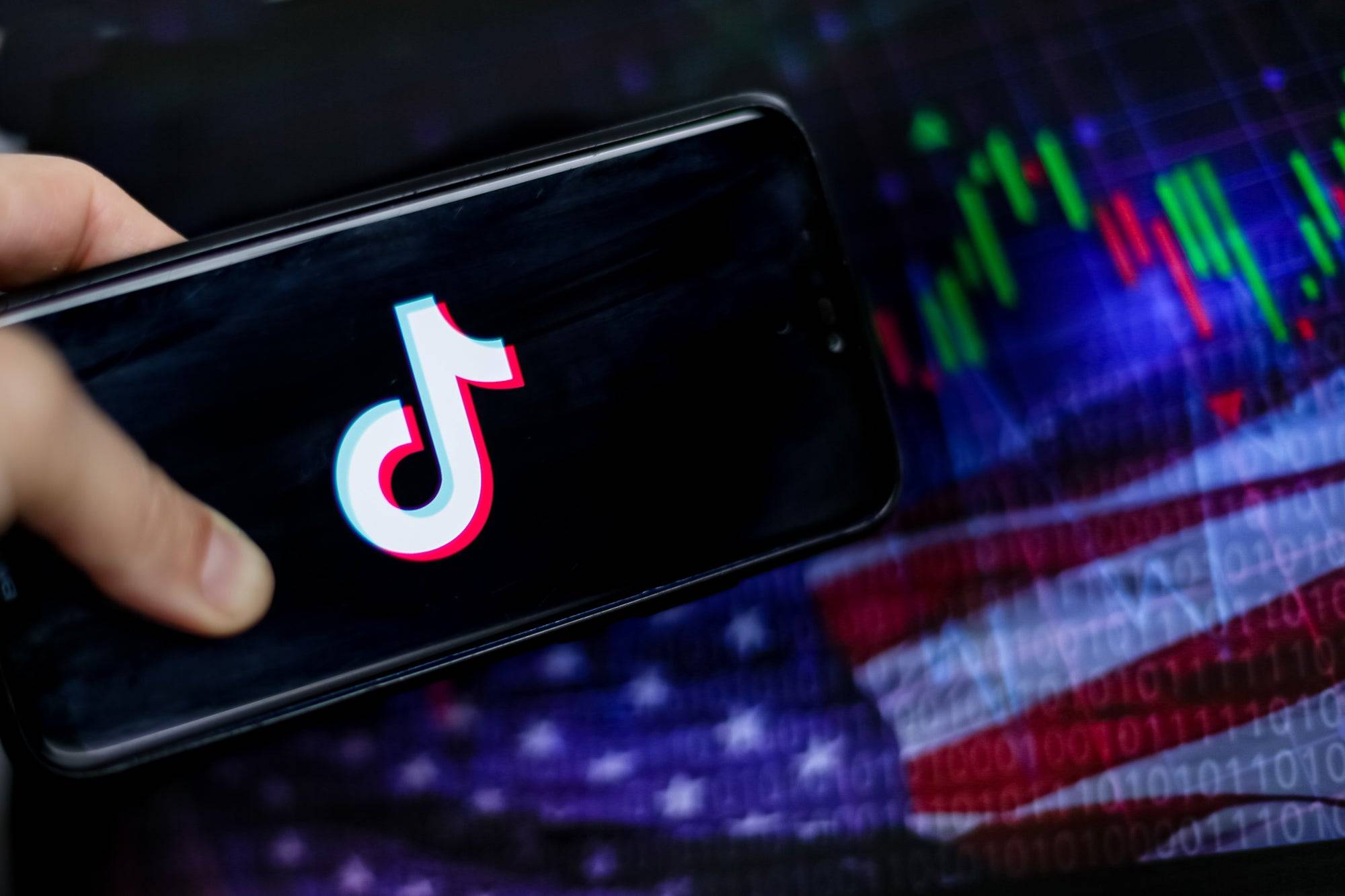The Supreme Court's rejection of TikTok's appeal paves the way for a potential ban on the platform, set to take effect on Sunday, January 19th. The court unanimously dismissed TikTok's First Amendment challenge, citing the app's scale, susceptibility to foreign control, and the vast amount of sensitive data it collects as justification for the ban to address national security concerns.

Without political intervention, TikTok faces a complete shutdown in the U.S. on Sunday. While President Biden has expressed a preference for TikTok to remain available under American ownership, the implementation of the ban falls to the incoming Trump administration, sworn in on Monday. The Supreme Court ruling acknowledged TikTok's popularity but emphasized Congress's determination that divestiture is necessary to address national security concerns.
Despite previously opposing a ban, Trump may issue an executive order delaying enforcement for 60 to 90 days. Reports suggest he's engaged in discussions with Chairman Xi Jinping regarding the matter. The possibility of China agreeing to a complete sale to a Western buyer remains uncertain, but reports indicate this is being considered. Elon Musk, involved with the incoming administration, is reportedly being considered as an intermediary, or even a potential buyer himself.
In anticipation of the ban, users have migrated to alternative platforms like Red Note (Xiaohongshu), with reports indicating a significant surge in new users.
TikTok's future in the U.S. hinges on a sale to a new owner or a last-minute executive order from the Trump administration.









